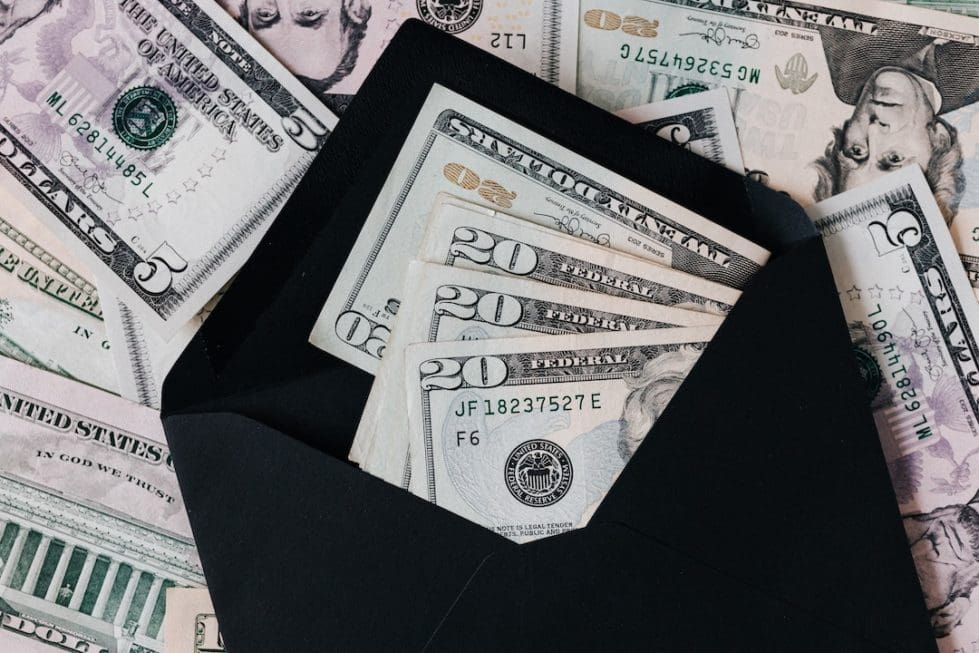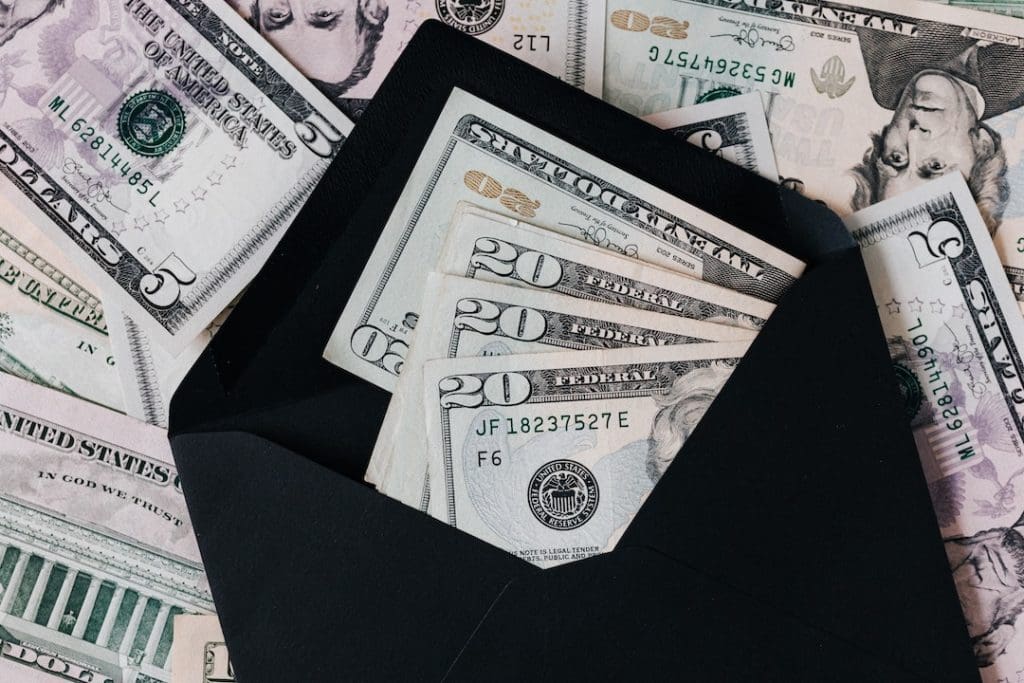Delaware’s largest banks are addressing concerns about overdraft fees (Photo by Karolina Grabowska from Pexels)
Delaware’s three biggest banks are changing their rules on overdraft fees.
M&T Bank this month is joining a nationwide movement to reduce or eliminate overdraft fees.
WSFS Bank in December eased its overdraft rules.
PNC Bank last year expanded its app to give customers a new way to avoid overdraft fees.
Overdrafts are a huge issue numerically, with PNC citing studies that estimate overdrafts cost U.S. consumers $17 billion a year. PNC said its new Low Cash Mode system helps customers avoid $125 million to $150 million in overdraft fees annually.
Overdrafts are also a huge issue politically, with federal banking regulators increasing pressure and advocates pointing out the fees disproportionately affect lower-income consumers.
M&T
“We are eliminating the savings and money market overdraft transfer fee of $12.50 and the extended overdraft fee of $38.50,” M&T said in an email to customers. “We are reducing the insufficient funds and overdraft fees from $38.50 to $36.00 for each occurrence.” The changes are effective Jan. 20.
“Please disregard prior information about overdraft charges you may have recently received with your savings/money market and/or checking account statements,” the bank’s announcement continued. “We apologize for any confusion this may have caused. We recommend reviewing your individual terms and conditions to see what fees apply to your account(s).”
Repeated efforts were unsuccessful to to reach M&T for comment about the announcement.
WSFS
WSFS recently issued a policy update that covers three scenarios:
• “In the event your account is overdrawn (or close to overdrawn), any purchases you make that are $10 or less will not result in an overdraft fee.
• “You will no longer be charged an overdraft fee if a purchase exceeding $10 does not overdraw your account by $50 or more. This negative $50 overdraft balance is an increase from the previous negative overdraft balance of $5.
• “You will only be charged for a maximum of three $35 overdraft fees per day (down from the previous cap of six per day).”
PNC
Low Cash Mode is the branding for the change in PNC’s app. One feature covers ACH payments, meaning bank-to-bank transfers processed through the Automated Clearing House Network.
It “gives customers ‘payment control,’ including the power to prioritize by determining whether certain debits (checks and ACH transactions) are processed that otherwise might result in overdrafts, rather than the common industry practice of the bank making the decision. Real-time intelligent alerts let customers know when their balance is low and – if it is negative – Low Cash Mode provides at least 24 hours of ‘extra time,’ and often more, to prevent or address overdrafts before fees are charged.”
The bank has reported some consumer-friendly results:
• Low Cash Mode has reduced customer overdraft fees by 48%.
• Customer complaints about overdraft fees have been reduced by more than 50%.
• Customers are averaging 52 hours of “extra time” to cure their balance.
Other banks
Bank of America, the nation’s second-largest bank, in May will cut its overdraft fee to $10 from $35, the New York Times reported, and it “will eliminate a $12 fee for transfers from linked accounts to an overdrawn account.”
JPMorgan Chase, the country’s largest bank, plans “to give overdrawn customers an extra business day to raise their balances to within the $50 ‘overdraft cushion’ that prevents fees from being charged,” the Times continued.
Some “smaller banks have gone further,” according to the Times. “Capital One and Ally Financial eliminated fees for overdrafting last year.”
Share this Post









